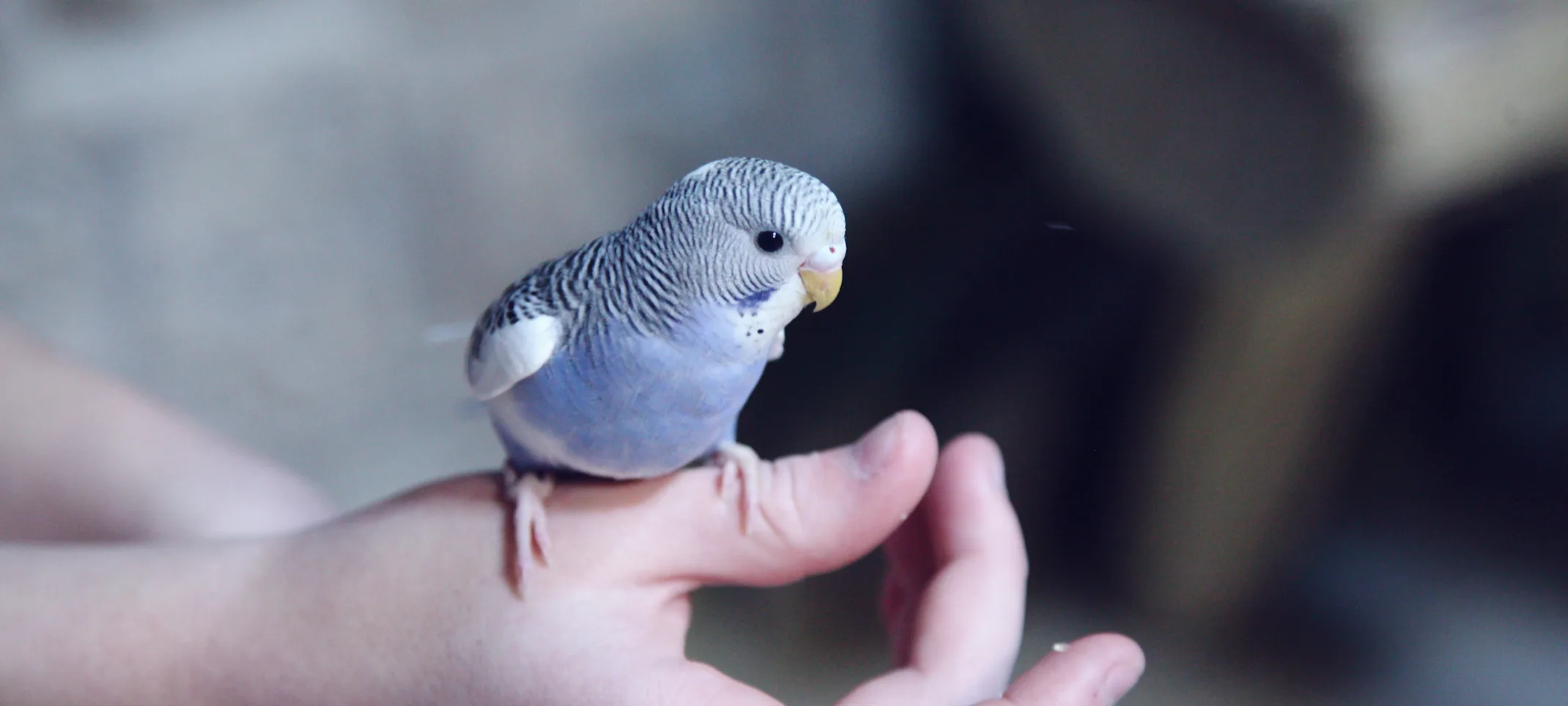Center for Bird and Exotic Animal Medicine
Wellness & Preventive Care
Annual wellness exams evaluate your pets overall health, detect problems before they get serious, and keep them on track to live a long, healthy life.

Husbandry consultations and Physical Examination
One of the most important parts of your visit is accurately and confidently teaching you about the most appropriate food, housing, temperature, light, vaccinations, etc. that your exotic pet needs in order to have the best chance at staying healthy. Remember that many exotics pets age much faster than cats and dogs, and as a result, health problems can develop and progress rapidly. For smaller exotic pets (rats, hamsters, etc.), we recommend exams every 3-6 months to help us catch health problems early before they are life threatening. For other exotic pets, we typically recommend wellness exams every 6-12 months. For pet birds and other animals that can experience stress associated with vet visits, we recommend occasionally bringing the animal in for “social calls” where our staff will give treats and make your pet feel at home so that their future visits are more relaxed. We support Fear Free veterinary medicine!
Post-purchase examinations
Get started on the right foot! Bring your new pet in for an initial health check. If this is a new species for your family, we'd love to have all family members and care takers included at this visit. We will answer all of your questions and you will leave with a good understanding of how to help your new pet live its best life possible. We work with several pet/bird stores and provide this "post-purchase examination" FREE with a voucher obtained when you purchase your pet. Ask your pet store if they participate in our program. If they don't, have them contact us to join in!
Routine Diagnostic Testing
We recommend performing regular bloodwork and other screening tests (urinalysis, fecal analysis, etc.) on exotic pets for several reasons. First, this allows us to establish a healthy baseline for exotic animals that may not have published “normal” ranges for test values, enabling us to better interpret diagnostic testing results when your pet becomes sick. Second, we are often able to pick up subtle changes in bloodwork trends over time, indicating an underlying disease process far earlier than we would be able to detect with physical examination and clinical signs alone. Identifying a health problem while it is still mild significantly increases our chances of successful treatment, especially since exotic animals typically hide symptoms of illness until the disease is very advanced.
Parasite Control
Intestinal parasites can decrease absorption of nutrients and damage the digestive tract, along with many other organs in the body. Many pets are born with internal parasite infections, and pets remain susceptible to harmful parasites throughout their lives. Parasites that live inside the body may be difficult to diagnose off of physical exam, but can be detected through a fecal analysis or other tests.
External parasites are also common in many species, and can significant impact quality of life and potentially become life threatening. Most external parasites can be diagnosed off of a combination of physical exam and microscopic examination.
Many internal and external parasites are also zoonotic (can be transmitted to humans). Our hospital recommends performing a fecal analysis on all new pets, and may recommend screening for external parasites depending on physical exam findings. If your pet does have a parasite problem, our veterinarians can provide you with different medications and treatments to remedy the problem and steer your pet back to good health. Preventive care is key, because of the damages presented by parasites to both pets and people. Our primary focus is to provide your pet and your family with the safest and most effective ongoing preventive care.
Infectious Disease Testing
Birds: We require parrots that are boarding at our hospital to be tested for three major avian diseases that are commonly seen in the pet trade: Psittacosis (Chlamydia psittaci), a bacterial infection that can cause life-threatening disease in people; Psittacine Beak and Feather Disease Virus, a fatal virus that causes feather abnormalities and immune suppression; and Polyomavirus, a virus that causes severe systemic disease, particularly in young birds. We may recommend screening for other diseases prior to introducing new birds into a home, depending on the species of bird and clinical presentation.
Reptiles: Your veterinarian may recommend submitting a screening test for your bearded dragon for Atadenovirus, a common virus which can lead to immune suppression and liver disease. Other tests may be indicated depending on species and clinical presentation.
Mammals: Your veterinarian may recommend testing your rabbit for Encephalitozoon cuniculi (E. cuniculi), a fungal disease that can cause ocular or neurologic signs. Other tests may be indicated depending on species and clinical presentation.
